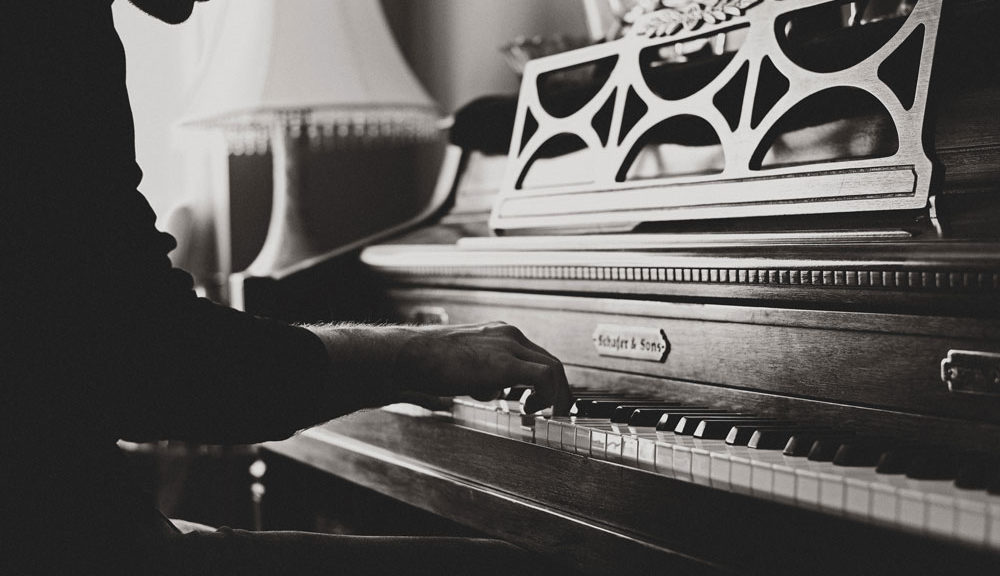
How a Piano Player’s Brain Differs from Others
Playing the piano is a fun and relaxing hobby or perhaps even profession – but learning to play actually offers more than what meets the ear. Because of the skills required to even learn to play, a piano player’s brain is different from regular brains and even the brains of others.
Side Benefits of Playing Piano
Music in itself offers many side benefits, however piano offers unique benefits even against other instruments. The actual brain structure of pianist is different from that of other instrumentalists as shown in brain scans of various musicians.
More Balance
Most everyone starts with a dominant hand. However, playing the piano requires development to use both hands. Over time, with practice, a pianist trains to be able to use both hands with strength and dexterity – which obviously requires both sides of the brain to be active. As a result, the pianist is more balanced than a non-musician or musician who does not need to use both hands in the same way.
More Logical Multitasking
Piano players have a more developed frontal lobe – meaning improved control of:
- emotional responses,
- social behaviors, and
- impulses.
The frontal lobe is also used for problem solving, multi-tasking and access to creativity – all great tools for everyday life.
Increased Freedom for Authentic Self-Expression
Musicians who participate in improvisation are actually practicing turn on and off the part of the brain that provides stereotypical reactions – as observed in actual brain scans! This kind of practice strengthens this sort of ability in everyday life, so the well-practiced improv musician feels quite at home with the advice to “be yourself” and problem-solve on the spot.
Improved Use of the Brain’s Energy
After the technical skill of playing the piano is mastered, the brain begins to divert more blood and nutrients to other areas of the brain – so secondary skills such as phrasing and emotional connection to the music can be processed (and thus those parts of the brain can develop).
Improved Communication
Part of that ability to self-express is the general concept of communication. A perfect example in music is jazz, where musicians improvise “conversations” with one another through their instruments. By monitoring jazz pianists brains through MRI, Dr. Charles Limb at Johns Hopkins University made a fascinating discovery: the same areas of the brain used in actual conversation were used both while playing as well as while the musician listened to the musician they were “responding” to.
More Information
For more information, check out this Lifehack article on the subject, upon which this summary was based. Other references are located within the links in the text above, as applicable.
Related Articles Recommended for You

Read More

Read More

Read More

Read More

Read More

Read More
Schedule Your First Lesson!
 Contact Me
Contact Me
today
to schedule
your or your child’s
first piano lesson!
Check out this TED-Ed on “how playing an instrument benefits your brain” – amazing!